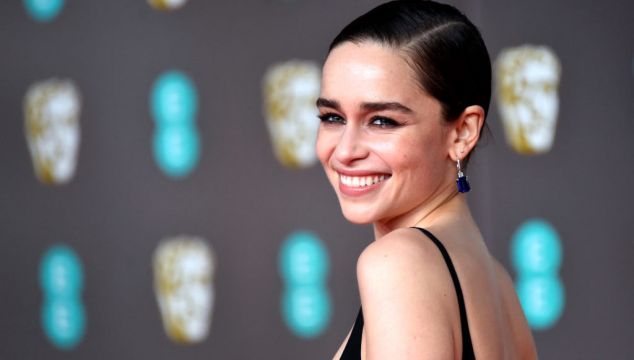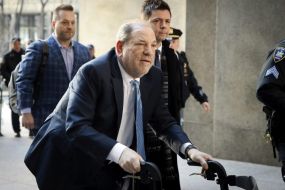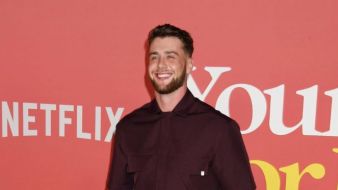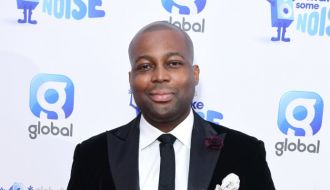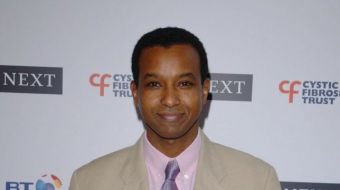Emilia Clarke’s mother has described how her daughter’s brain haemorrhage changed the Clarke family “in an instant”.
Clarke, who played Daenerys Targaryen on Game Of Thrones, and her mother set up a brain injury charity after the star survived two life-threatening brain conditions while she was filming the hit TV show.
Jenny Clarke said it feels like her daughter’s brain haemorrhage – a bleed on the brain – “feels like yesterday” even though it was more than a decade ago.

The incident, which took place when Clarke was working out in a north London gym in 2011, was “completely out of the blue”, Mrs Clarke said.
She said her daughter fought to stay conscious even though she was in “the worst pain she could ever imagine”.
Clarke, now aged 36, was taken to a hospital in London but medics did not immediately spot that she had suffered a brain haemorrhage and it took “a long time” before she was sent to a specialist hospital where she received life-saving care, Mrs Clarke told the PA news agency.
Mrs Clarke said there needs to be more awareness among medics about brain haemorrhages in young people because the condition is traditionally seen as something that happens to older people.
Clarke also had to have a second procedure in 2013 where surgeons in New York had to remove a brain aneurysm which was found through routine check-ups.
Clarke and her mother have since set up the charity SameYou which is working to develop better recovery treatment for survivors of brain injury and stroke.
Mrs Clarke, who is chief executive of the charity, said that rehabilitation after brain injury is “undervalued and under-prioritised” and should be a “key component of universal health coverage”.
She said that while people with serious side effects of brain injury – such as mobility or speech and language problems – do get support, there is often little or no help for people who suffer mild to moderate problems.
Mrs Clarke told PA: “It feels like yesterday to us really, because it was just such a profound shock.
“She had just started Game Of Thrones, the first season had been filmed and she had just come back from a press tour.
“And then she had her first brain haemorrhage which was completely out of the blue – it was a morning in March and she was in the gym and she suddenly felt this terrible pain in her head – she’s been quoted as saying it was the worst pain she could ever imagine.
“She also realised that something was seriously wrong with her because the pain was so intense.
“So she did her best, as she was lying semi-unconscious on the floor of the gym, to try and make sure she kept a sense of what was around her and she fought to make sure that she didn’t lose consciousness.”
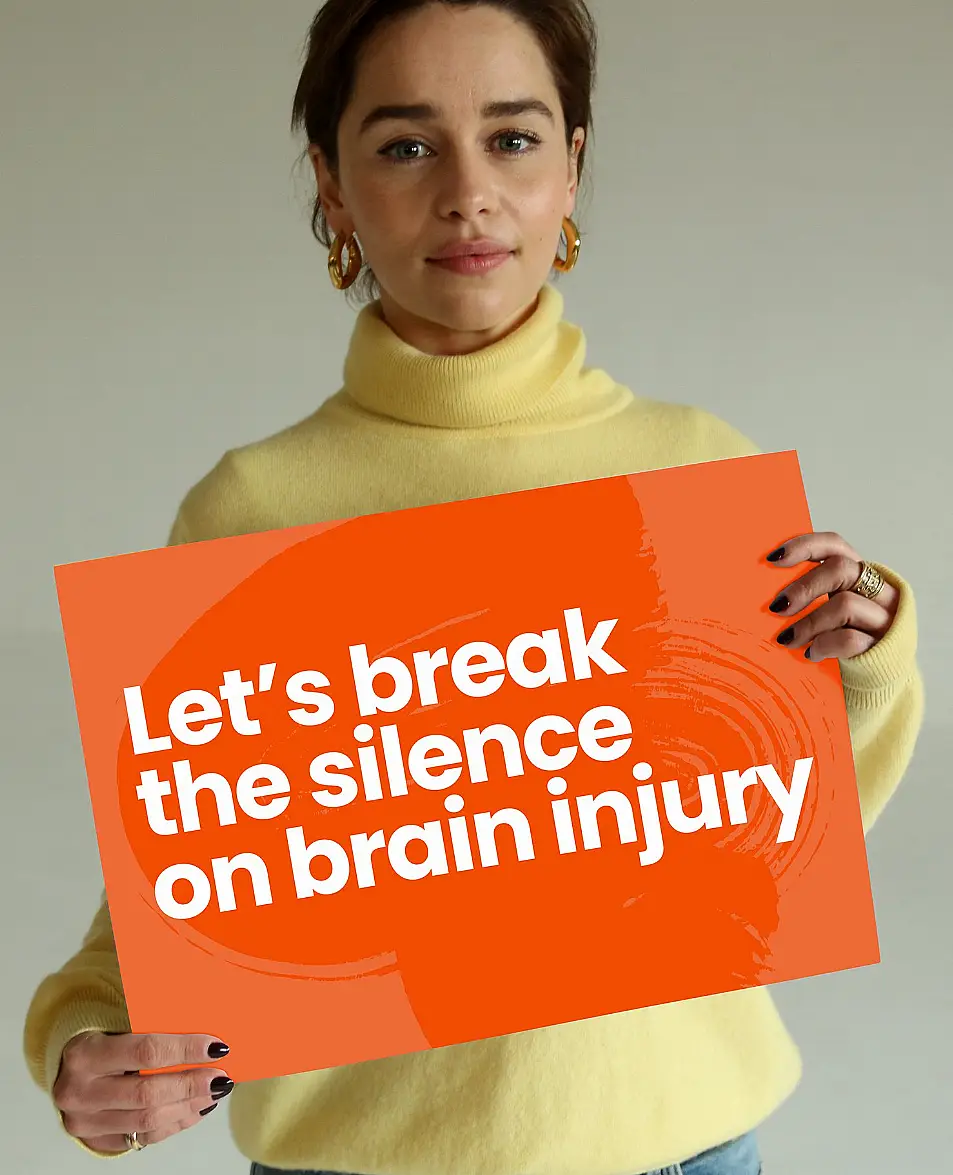
Mrs Clarke added: “When she was rushed to a hospital in London, it was very difficult to establish what has happened to her – and that’s also something that we think is very important; maybe there isn’t enough specialist information and training to actually recognise what happens when you have a brain haemorrhage when you’re young.
“People expect people to have strokes and brain haemorrhages when they’re older, it’s a problem of older age, but Emelia was 23 when she had her first brain haemorrhage, so people didn’t recognise it as a brain haemorrhage.
“So it took a long time before she was admitted to the wonderful Queen Square (the National Hospital for Neurology and Neurosurgery), which is part of University College London Hospitals and literally her life was saved because of an intervention to stop the bleeding.
“But it was three weeks in hospital before we knew whether she was going to have another stroke, and whether she would have different health problems as a result of the brain haemorrhage.”
View this post on Instagram
Mrs Clarke continued: “When it comes completely out of the blue, your life is just changed in an instant. And I must say that our lives have been continuously changed because of it.”
After describing the second “open head surgery” in the US, Mrs Clarke said: “Those two great big shocks really have profoundly changed all of us as a family.”
The comments come as Mrs Clarke attended the launch of the World Health Organisation’s (WHO) Rehabilitation Alliance in Geneva – a coalition which is calling on countries to do more for people in need of rehabilitation services.
Mrs Clarke delivered a speech to the WHO about the power of advocacy, saying: “There is huge power if survivors come together with one voice to demand that integrated rehabilitation is moved up the agenda.
“One in three people will experience a brain injury. They are the most powerful advocates – and this meeting is calling for their needs to be heard and action to be taken.”
On rehabilitation for brain injury survivors, she told PA: “As a young person… when something like this happens, you absolutely must have as much support as possible and it just doesn’t really exist.
“If you have severe consequences of brain injury, of course, there are many places helping people if you’ve got strong long-term, serious conditions, but what we found was, is that you can have mild to moderate brain injury – and that means you don’t have any necessarily physical issues; you don’t have necessarily any speech and language difficulties, but you do always have the trauma that you’ve had the problem – and there is a just a huge lack of awareness that this is important enough to put resources to get it treated.”
She added: “Rehabilitation is undervalued and under-prioritised and that’s clearly got to change as a key component of universal health coverage.
“It was such a shock when it happened to us, when Emilia had her brain injury.
“We’ve had thousands of people write to us, and so it’s not just our own lived experience, there’s just not enough provision, not enough services available.
“There is a great unmet need and a gap in service provision after you’ve survived a brain injury, and you’re trying to rebuild your life, particularly if you’re a young adult.
“And what we are advocating for is there needs to be a lot more information given to survivors of brain injury, about what’s happened to them and their opportunity to get recovery services.
“There is a gap between what survivors and their families say they need and want and what is currently available in many developed countries.”
